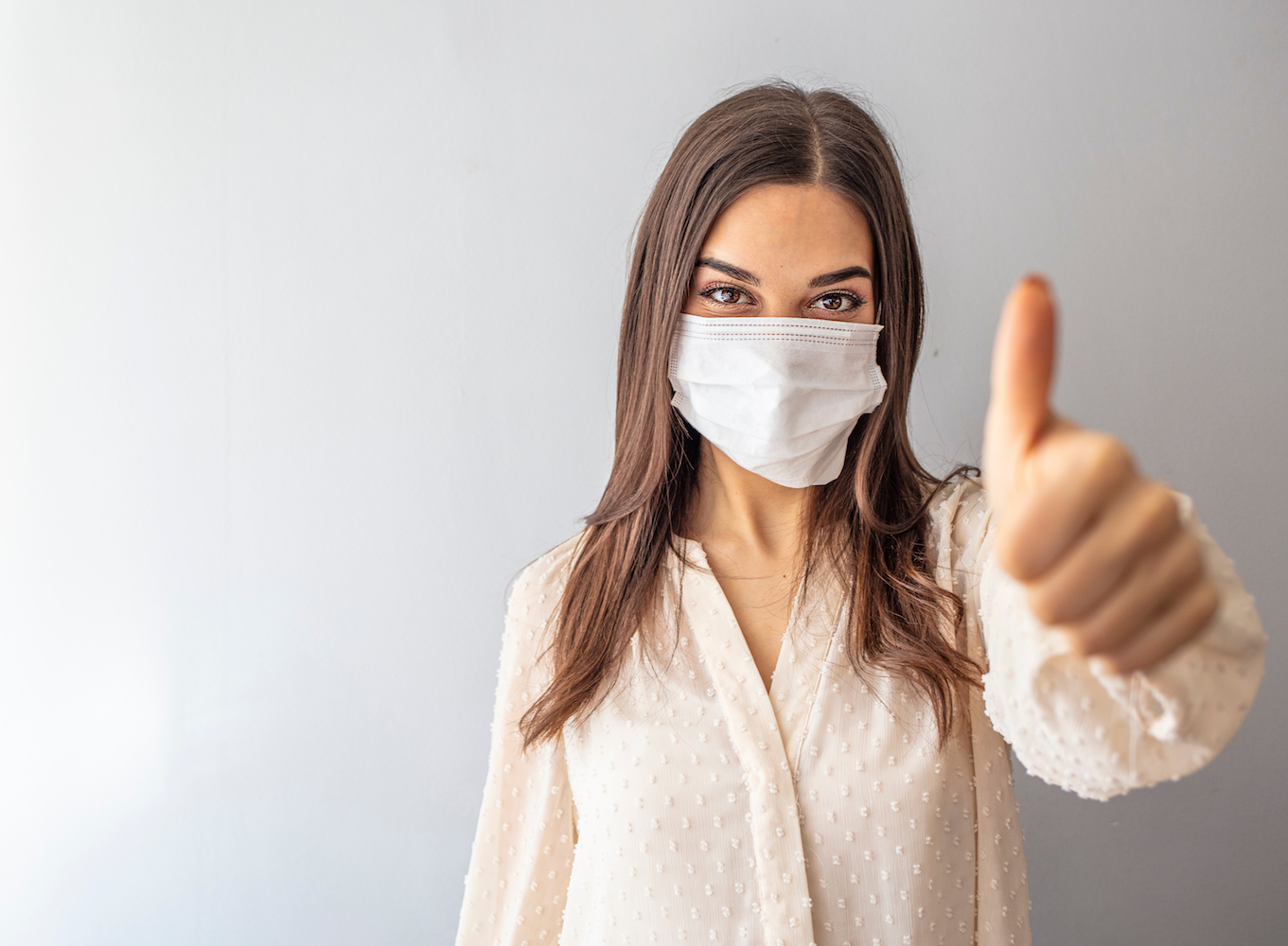Doctors and Researchers Detail UV’s Effect on COVID-19, and Other Benefits, in In-Depth Article

Among the many articles we’ve seen on the links between UV light, vitamin D, and reduced risk of contracting or suffering severe complications from COVID-19, one published by online health and wellness publication Elemental last week is perhaps the most in-depth and enlightening. Along with outlining previously reported research, the article explains a mechanism by which UV itself — outside of vitamin D — may diminish the novel coronavirus, notes additional benefits of UV and vitamin D, and ties it all together with some perspective on why sunshine being beneficial for overall health just makes sense.
It starts with the seemingly obvious — that “For thousands of years, humans have recognized that the seasons play a role in the emergence and transmission of certain illnesses, including viruses.” The common cold, influenza, the first SARS outbreak in 2002 and COVID-19 are all examples of that, cited in a recent review paper from Yale University School of Medicine. Researchers from the University of Connecticut also predict that seasonality will impact the spread of COVID-19, notably due to the influence of sun exposure.
“As we were reading the literature on other viruses — particularly SARS, the earlier coronavirus — there were indications that UV light could at least inactivate the virus on surfaces and could also either decrease the risk of getting the virus or reduce symptoms,” Mark Urban, PhD, director of the Center of Biological Risk at the University of Connecticut, is quoted as saying. “Our best model predicts that Covid-19 risk will decrease this summer in the U.S., largely due to the increase in UV light as days become longer.”
But, perhaps the most striking discussion point in the article comes from Dr. Richard Weller, whom we’re familiar with from his groundbreaking research on UV and nitric oxide production, which has been shown to be good for cardiovascular health. Weller explains a connection that goes beyond what vitamin D supplements can accomplish. Research on the first SARS outbreak found that nitric oxide — produced in the body when skin is exposed to UV light — deters the virus. Since COVID-19 is quite similar to SARS, Weller believes the same mechanism could apply to the current pandemic.
“Covid-19 gets into the body by binding to the same receptor as the SARS virus,” Weller says. “And this [Swedish] group found that nitric oxide stops SARS from doing damage because it stops it from binding to this receptor.”
As has been more widely noted, vitamin D does also seem to be highly beneficial in regards to COVID-19 and similar illnesses. This article outlines some of the previously reported research on the subject, and also proposes some possible mechanisms by which vitamin D would make a difference. Petre Cristian Ilie, PhD, co-author of a study on COVID-19 and vitamin D and a research director at the Queen Elizabeth Hospital in the U.K., notes that vitamin D has “multiple roles” in the immune system that might come into play, including “preventing inflammation from running amok,” preventing impairment of “development of white blood cells that eat invading pathogens, including viruses,” and enhancing the expression of an enzyme, ACE2, that “has demonstrated the ability to protect against acute lung injury.”
With all this evidence displaying the potential benefits of UV exposure, the validity of the all too common medical advise to avoid sun exposure is also brought more into question. The article notes that, today, even some dermatologists are proposing that skin cancer risk arises primarily from sunburns, and moderate exposure has a net benefit to human health.
“I think the benefits of [non-burning] sun exposure may outweigh the skin cancer risks,” says Matthew Zirwas, MD, an Ohio-based dermatologist who has published research on UV light and skin disease.
Another M.D. who has studied the interactions between sunlight and human health also embraces the common sense basis for believing that sun exposure is beneficial to human health.
“Making people phobic about being outdoors in the sun is just so counter to our evolutionary basis — it just doesn’t make sense,” says James O’Keefe, MD, a cardiologist at Saint Luke’s Mid America Heart Institute in Kansas City. “We’re not moles […] I think there are a lot of potential mechanisms by which sunlight could benefit health.”
Click here to read the entire article from Elemental.
SmartTan.com news articles regularly report medical and scientific information to keep you abreast of current events related to UV light. This information is not intended to be used by any party to make unwarranted health claims to promote sunbed usage. Indoor tanning businesses are obligated to communicate a fair and balanced message to all clients about your products and services including the potential risks associated with indoor tanning. Contact your Smart Tan representative to find out more about what you can and can’t say in your tanning salon business.
© 2020 International Smart Tan Network. All rights reserved.
